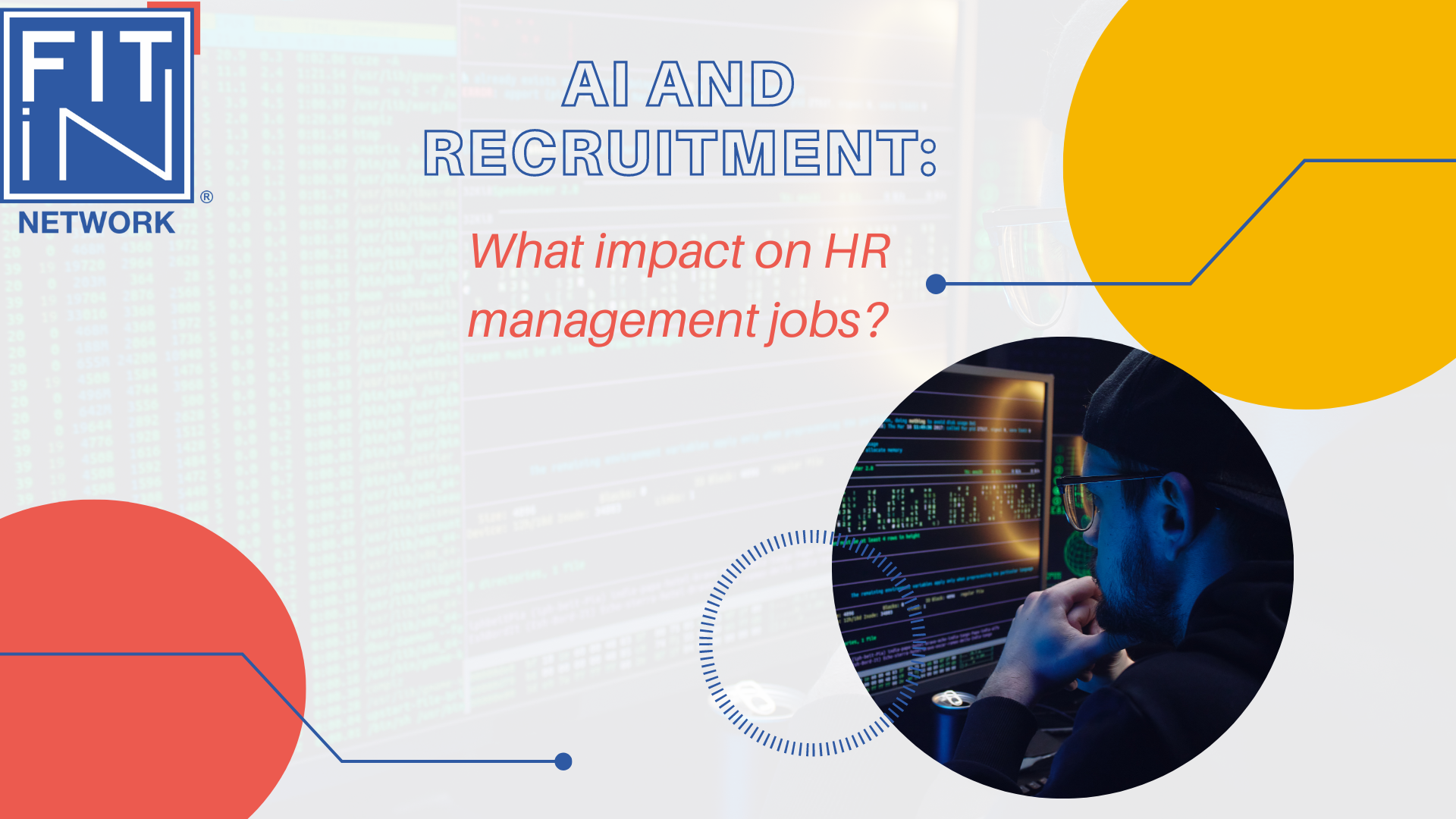
AI and recruitment : What impact on HR executive jobs?
AI saves time and money in the recruitment process. But by reproducing behaviors via algorithms, artificial intelligence tends to standardize the selected profiles and may leave room for some bias.
POSITIVE EFFECTS OF IA FOR RECRUITERS
Because of their speed and ability to handle large volumes of applications, AI-based recruitment solutions are said to be less time-consuming than traditional recruitment processes and therefore less costly. Recruiters would no longer have to deal with the more repetitive tasks such as pre-qualifying profiles, answering simple questions, psychometric tests, etc.
POSITIVE EFFECTS OF IA ALSO FOR CANDIDATES
The time savings would also concern candidates, for whom AI allows more accessible information and simplified recruitment channels. They benefit from both greater flexibility (applications are made at the time of their choice) and greater responsiveness on the part of recruiters. This reinforcement of the "candidate experience" is, in return, a gain for companies in terms of attractiveness and employer brand.
LIMITS FOR RECRUITERS
However, AI would have the consequence of reproducing, or even reinforcing, discriminatory biases based on age, gender, ethnic origin, social category or degree. The reproduction of these biases in the proposed AI solutions can be explained first of all by the data included in them, which are generally based on the past decisions of recruiters, sometimes based on prejudices. Beyond discrimination, the reproduction of profiles recruited until now tends to standardize them. Yet, their diversity would increase the performance of companies, whereas standardization would tend to reduce their capacity to adapt to change.
BIASES TO CORRECT
However, some people see AI as a solution to reduce the biases conveyed by human recruiters. AI could have an inclusive potential and allow the detection of more atypical and varied profiles if the company that uses it is ready to make changes. This would be possible thanks to the large number of exploitable sources: directories, company websites, professional or non-professional social networks, open source, etc. Another solution is to inject more atypical profiles at the design stage so that the algorithm can also identify them as potential candidates. The choice of data and their labeling are then the starting point for reducing bias.
Sources :
- EPAC
Not yet a member of FIT in NETWORK®?
THE European network of available skills
👉 Create or update your profile on FIT in NETWORK® https://bit.ly/2ABuiFu
👉 Follow our professional page on LinkedIn: https://bit.ly/2XRcAWs
👉 Become a Premium Expert and get priority on all our opportunities with many other services https://bit.ly/2XYvOt0
Learn why empathy has become an important skill to have in the professional world.
👉 https://www.fitin-network.com/fr/actualites/lempathie-la-competence-de-leadership-la-plus-importante/
